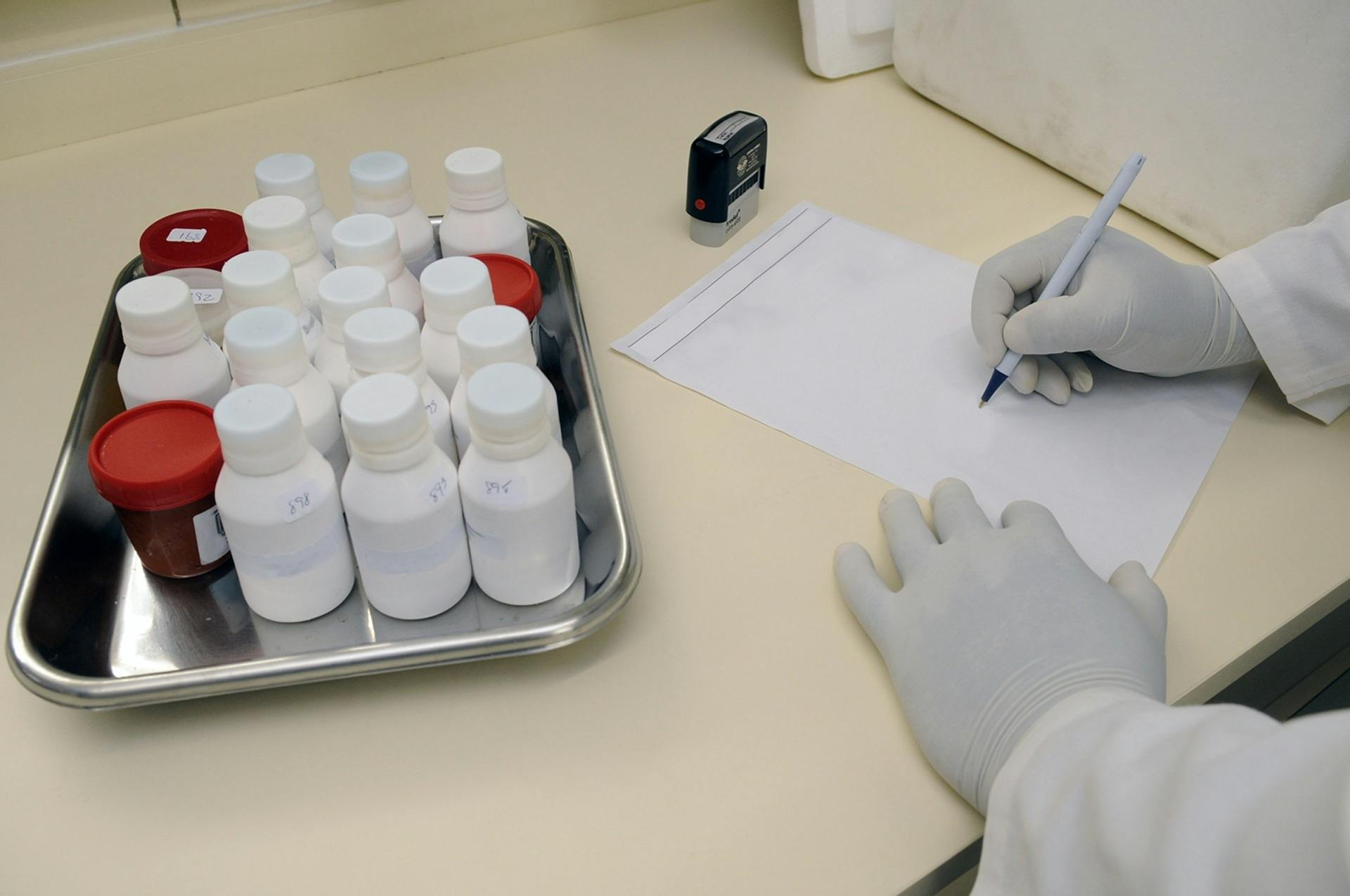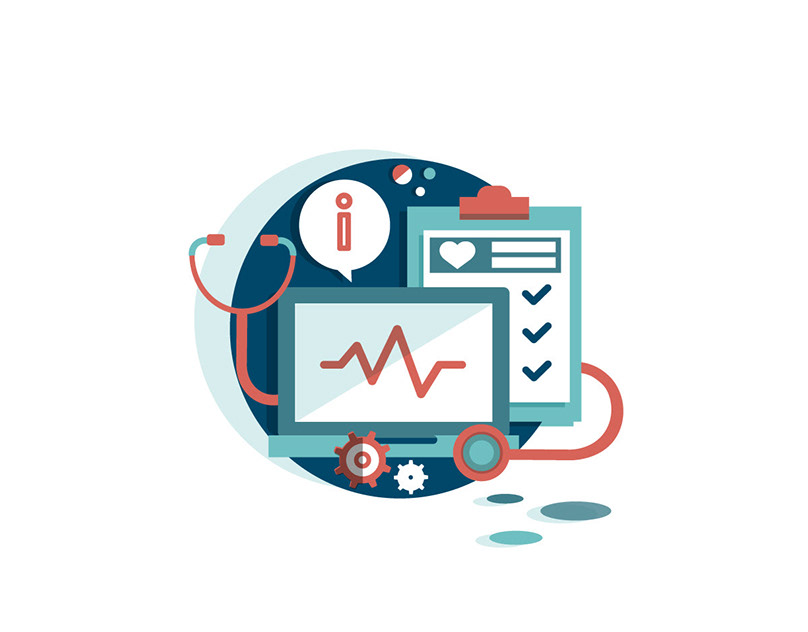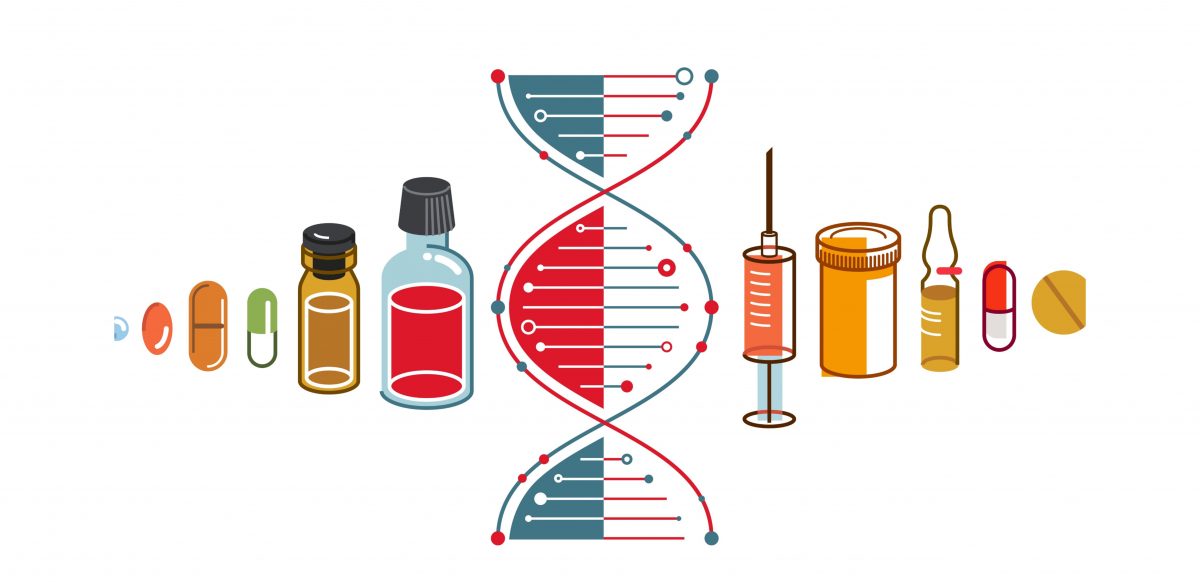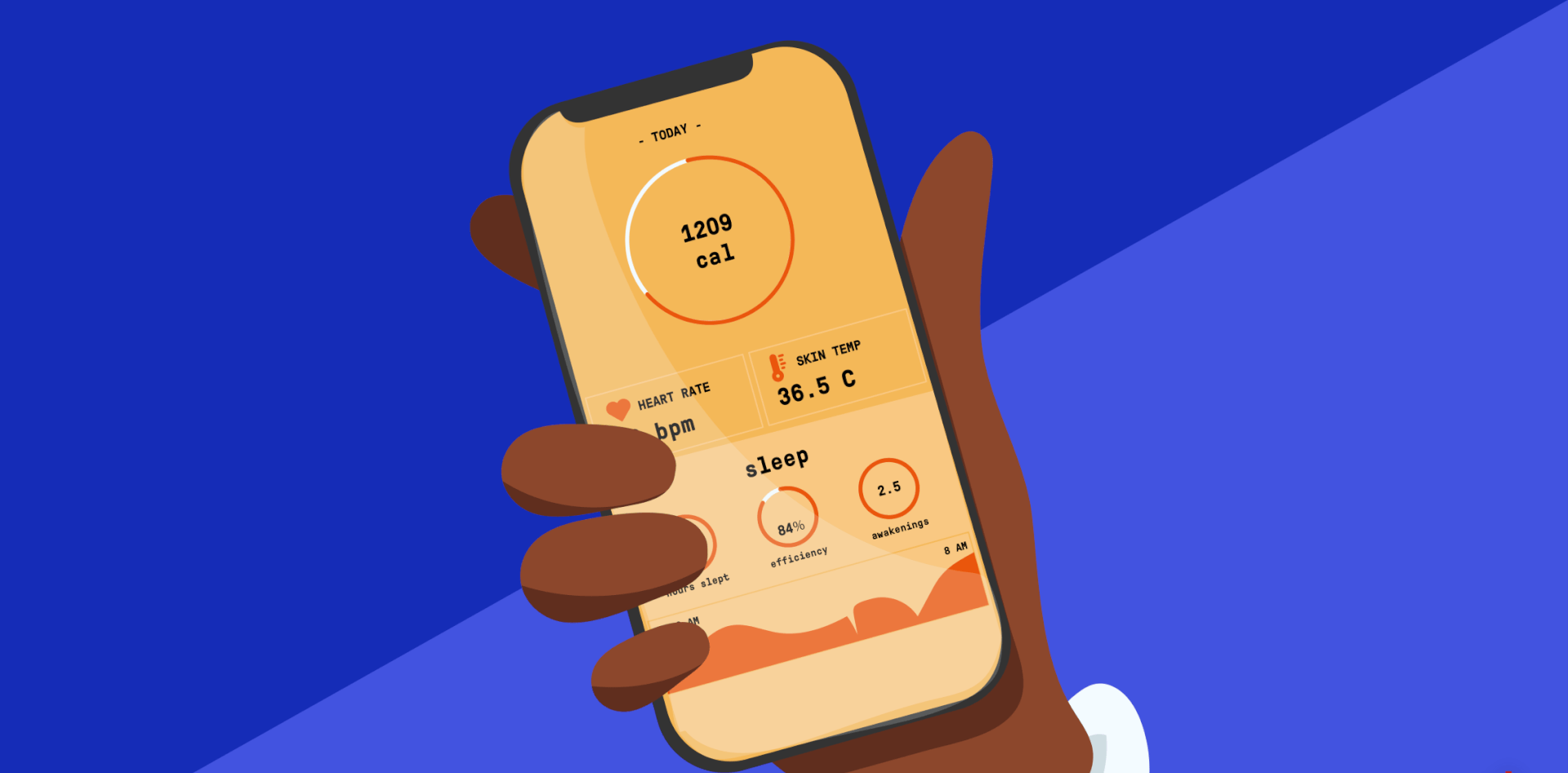
How Blockchain is Enhancing Transparency and Security in Clinical Trials
In the complex ecosystem of clinical research, trust, transparency, and data integrity are non-negotiable. However, challenges such as data tampering, lack of traceability, selective reporting, and delays in trial disclosures continue to undermine public trust and scientific progress.
Blockchain technology—best known for its role in cryptocurrency—is now emerging as a game-changer in clinical trials. By offering decentralized, immutable, and transparent data handling, blockchain has the potential to fundamentally improve the way clinical research is designed, conducted, and monitored.
Let’s explore how blockchain is enhancing transparency and security in clinical trials—and what the future may hold for this transformative technology.
What Is Blockchain?
At its core, blockchain is a decentralized digital ledger that records transactions in a secure, immutable, and time-stamped manner across a distributed network of computers. Each block contains data, a unique cryptographic hash, and the hash of the previous block—ensuring that once data is added, it cannot be altered without detection.
This structure makes blockchain particularly well-suited to environments where data integrity, auditability, and security are paramount—like clinical trials.
The Challenges Blockchain Can Address in Clinical Research
Clinical trials are often criticized for:
-
Selective outcome reporting
-
Retrospective protocol changes
-
Data manipulation or loss
-
Lack of timely public data sharing
-
Limited patient control over data
Blockchain can address these issues by providing a single source of truth, accessible in real time to stakeholders across the research lifecycle.
Key Benefits of Blockchain in Clinical Trials
1. Data Integrity and Auditability
Once a clinical data entry is made on the blockchain, it is cryptographically sealed and cannot be altered. This ensures tamper-proof records—from protocol registration to data collection and analysis—facilitating robust regulatory audits.
2. Protocol Transparency and Time-Stamping
Protocols and amendments can be registered on the blockchain with immutable time stamps. This ensures that any changes made during the trial are traceable, promoting scientific accountability and compliance with Good Clinical Practice (GCP).
3. Improved Informed Consent Management
Smart contracts—self-executing code on the blockchain—can manage informed consent processes. Patients can grant, track, and revoke consent dynamically, and researchers can prove compliance, reducing legal risk and enhancing patient autonomy.
4. Real-Time Monitoring and Remote Auditing
Blockchain enables secure, real-time data sharing among stakeholders (e.g., sponsors, CROs, regulators) without centralized control. This enhances monitoring efficiency and supports risk-based and decentralized trials.
5. Data Sharing and Interoperability
Patient data can be anonymized, encrypted, and shared with researchers on a permissioned blockchain. This fosters collaborative research, accelerates discoveries, and ensures data ownership remains with patients.
6. Post-Trial Transparency and Results Disclosure
Trial outcomes can be published on a public blockchain ledger to prevent data suppression or selective publication, thus ensuring that both positive and negative results are accessible for future meta-analyses and policy-making.
Real-World Examples
-
PhUSE and TransCelerate BioPharma have explored blockchain’s role in data traceability and data standards compliance.
-
Trialspark and Boehringer Ingelheim are testing blockchain for managing trial operations more efficiently.
-
In China, VeChain is collaborating with healthcare providers to implement blockchain for vaccine tracking and clinical data validation.
These pilots underscore growing interest in blockchain’s role across the research continuum.
Challenges to Widespread Adoption
Despite its promise, blockchain implementation in clinical trials is not without obstacles:
-
Scalability issues: Handling large volumes of complex trial data in real time requires robust blockchain architecture.
-
Integration with legacy systems: Interfacing with existing EHRs, CTMS, and databases can be technically complex.
-
Regulatory uncertainty: While regulators are open to innovation, there’s a lack of specific guidelines on blockchain usage in clinical trials.
-
Cost and technical expertise: Initial deployment requires investment and skilled professionals to develop and maintain blockchain platforms.
The Path Ahead: A Hybrid Future
The future may lie in hybrid models, combining blockchain with traditional systems, AI, and cloud computing. This allows for progressive integration—where blockchain secures critical points in the trial process (e.g., consent, protocol updates, endpoint reporting), while existing systems handle data-intensive operations.
To advance adoption:
-
Regulatory bodies must develop clear frameworks and pilot programs.
-
Sponsors and CROs need to collaborate on standards for interoperability.
-
Patient advocacy groups should be involved to ensure ethical and transparent usage of data.
A Trust Framework for Clinical Research
Blockchain is more than a buzzword—it’s a trust-enabling technology. In a world where data integrity, transparency, and patient-centricity are essential, blockchain offers a secure foundation to modernize clinical trials.
While it won’t replace existing systems overnight, it has the potential to elevate accountability, reduce fraud, and empower patients—ultimately accelerating the development of safe and effective therapies.
By embracing blockchain thoughtfully, the clinical research community can reinforce its most important asset: public trust.


























































